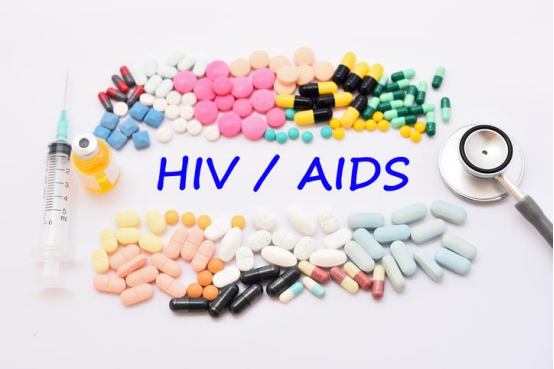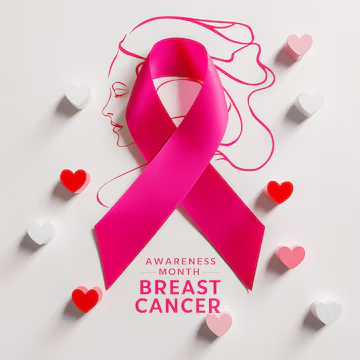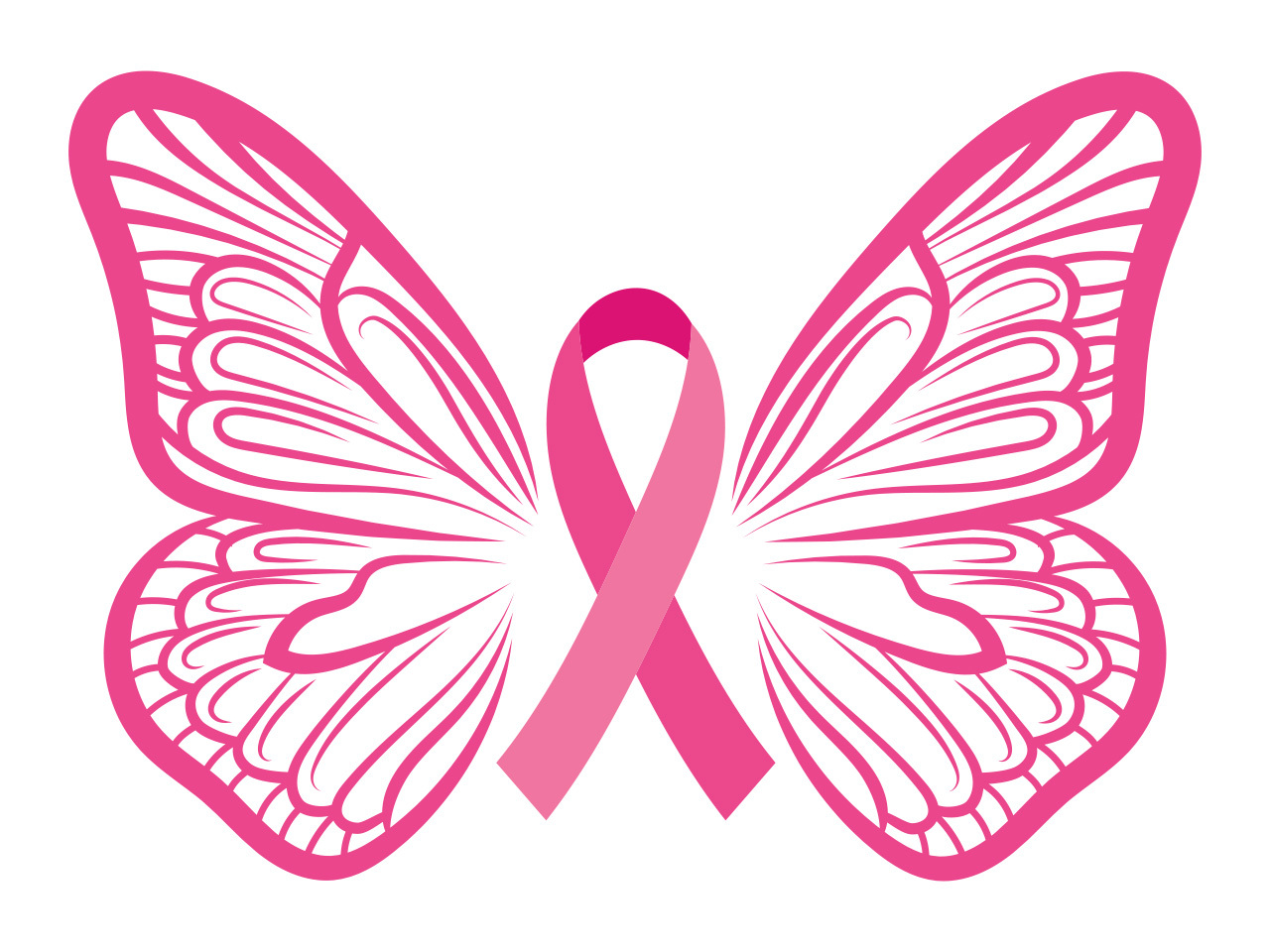
Managing HIV has become more achievable than ever before, thanks to modern medical advancements and proactive lifestyle strategies. If you or someone you know is living with HIV, this guide will provide essential steps to maintain health, prevent complications, and lead a fulfilling life.

What Is HIV and Why Early Action Matters
HIV (Human Immunodeficiency Virus) attacks the immune system, making it harder to fight infections. If left untreated, it can progress to AIDS (Acquired Immunodeficiency Syndrome), severely weakening the body. The key to living well with HIV is early detection and consistent management through effective treatments and self-care.
1. Prioritize Early Testing
Testing is the foundation of HIV care. The Centers for Disease Control and Prevention (CDC) recommends routine testing for everyone aged 13 to 64, with more frequent testing for those at higher risk. Early diagnosis opens the door to life-saving treatments and reduces the risk of spreading the virus to others.
2. Begin Antiretroviral Therapy (ART) Immediately
Starting antiretroviral therapy (ART) as soon as possible after diagnosis is critical. ART prevents the virus from replicating, strengthens the immune system, and lowers the chance of transmitting HIV to others. With consistent use, ART transforms HIV into a manageable condition, allowing you to live a long and healthy life.
3. Build a Healthy Lifestyle
Your lifestyle plays a significant role in supporting HIV treatment.
- Eat a Nutrient-Rich Diet: Focus on balanced meals with plenty of fruits, vegetables, lean proteins, and whole grains to keep your immune system strong.
- Stay Active: Regular exercise improves physical fitness, reduces stress, and enhances overall well-being.
- Avoid Harmful Substances: Limit alcohol and avoid smoking or drug use, which can interfere with your treatment and weaken your immune system.
4. Mental Health Is Health
Living with HIV can bring emotional challenges, including anxiety, depression, or feelings of isolation. Prioritizing mental health ensures a better quality of life.
- Connect with a therapist or counselor who understands HIV-related concerns.
- Join support groups to share experiences and build community.
- Practice mindfulness techniques, such as meditation, to reduce stress.
5. Prevent Transmission and Protect Others
Managing HIV responsibly includes protecting those around you.
- Use condoms consistently during sexual activity.
- Never share needles or syringes.
- Inform your sexual partners and healthcare providers about your status.
- Ask your doctor about PrEP (pre-exposure prophylaxis) or PEP (post-exposure prophylaxis) for partners, which can significantly reduce the risk of transmission.
6. Stay Connected with Support Networks
A strong support network can make a significant difference in your journey. Whether it's family, close friends, or HIV support groups, having people to lean on reduces stigma, boosts confidence, and helps you stay on track with your treatment plan.
7. Make Regular Check-Ups a Habit
Consistent medical follow-ups are essential for monitoring your progress and making any necessary adjustments to your treatment. Regular visits also help you stay updated on vaccinations, such as flu, pneumonia, or hepatitis shots, which are especially important for people living with HIV.
8. Embrace Hope and Positivity
Thanks to advancements in HIV care, living with the virus no longer limits your future. With the right mindset, treatment, and support, you can lead a vibrant and fulfilling life.
Conclusion: Your Wellness Journey Starts Today
Taking control of HIV begins with knowledge, action, and a commitment to self-care. Early testing, ART, and lifestyle adjustments are the cornerstones of managing the virus. Coupled with mental health care, prevention strategies, and regular check-ups, these steps empower you to live a healthier and happier life.
HIV doesn’t define you—your actions do. Start your journey to wellness today and take charge of your future.







